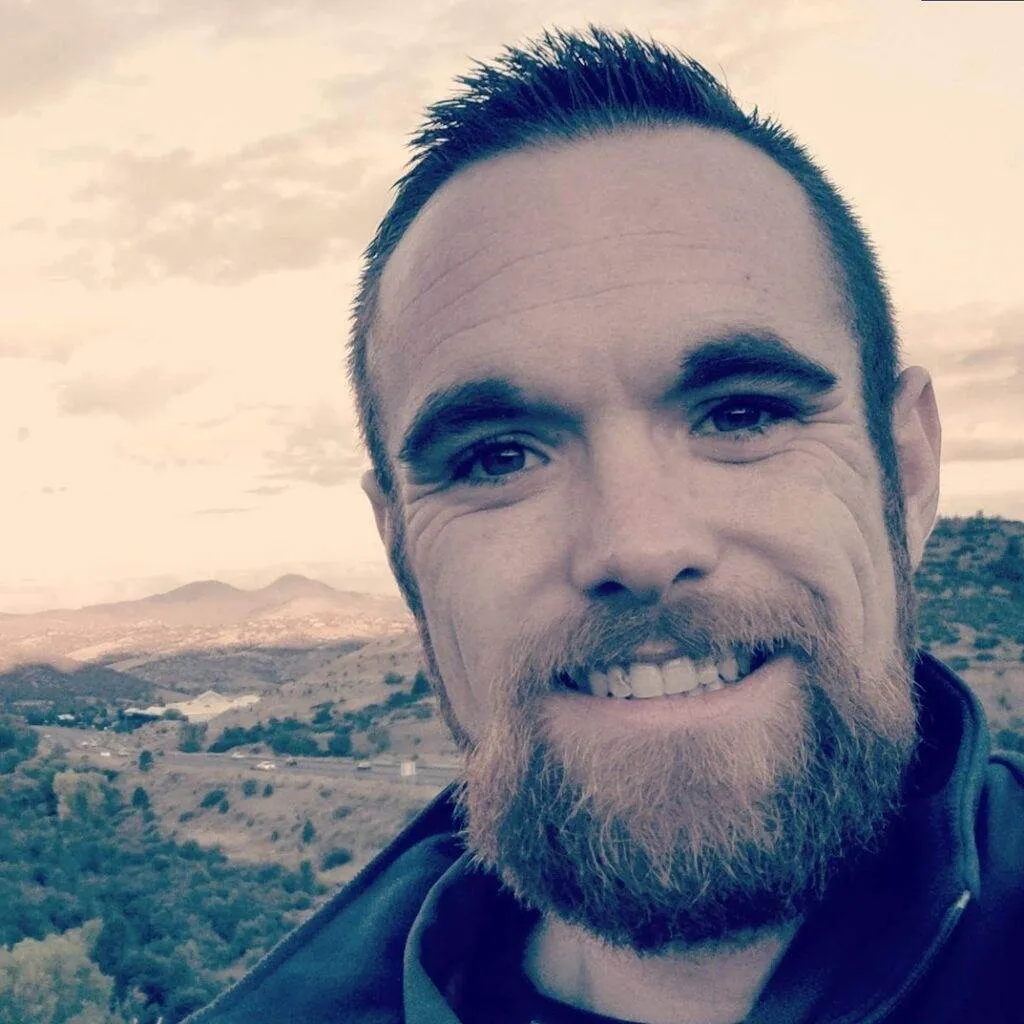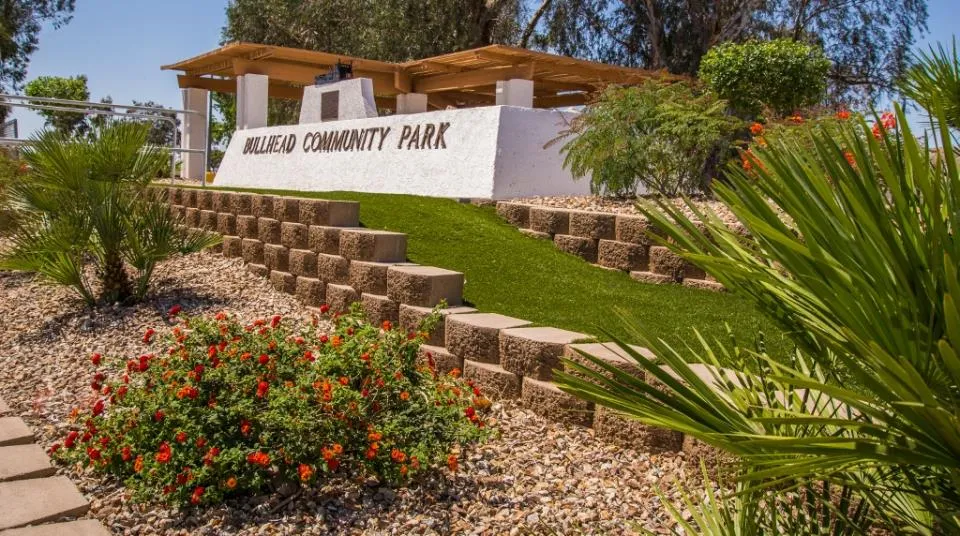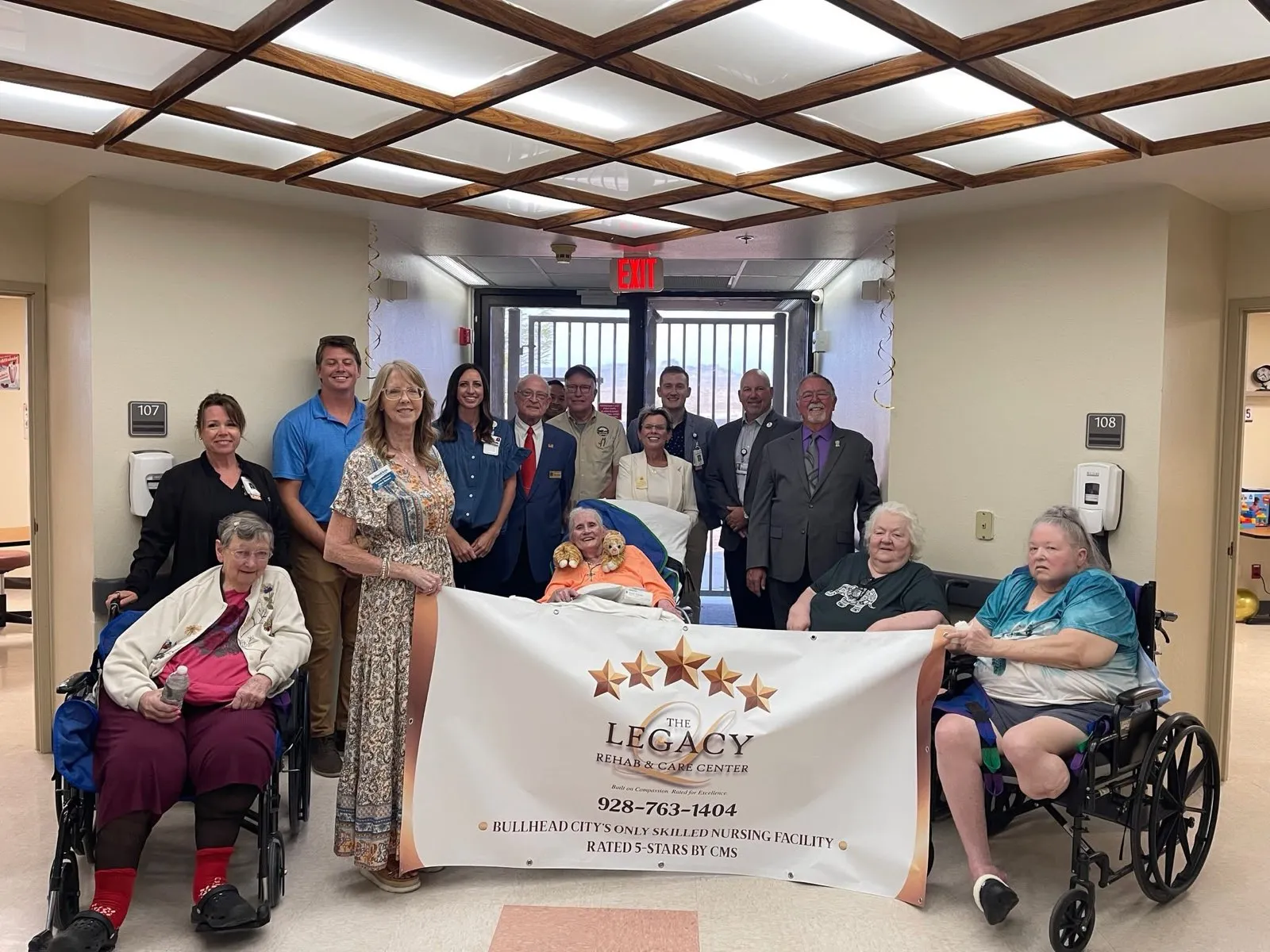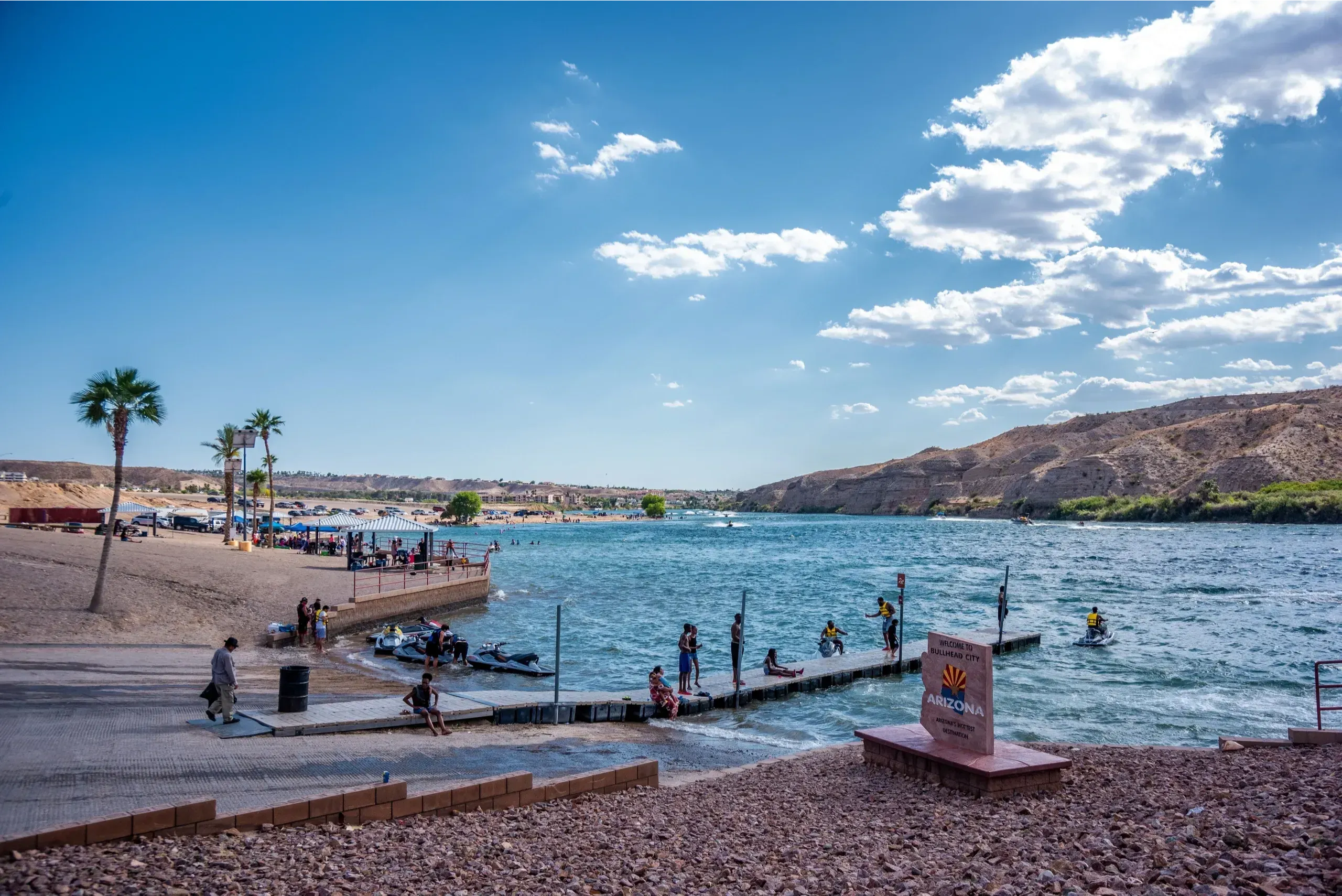ARIZONA — Amidst a national backdrop of shifting abortion laws following the Supreme Court’s overturning of Roe v. Wade, Arizona finds itself at the forefront of a contentious debate. Governor Katie Hobbs has taken a decisive step towards cementing abortion rights in the state’s constitution, a move that has stirred intense reactions from both sides of the political spectrum.
On November 28, 2023, Gov. Hobbs signed a petition to place a measure on the November 2024 ballot that, if approved by voters, would enshrine the right to abortion in the Arizona Constitution. This bold action aligns with a broader strategy by Democrats and progressive groups across the nation to counteract the recent federal rollback of abortion rights.
At the heart of this initiative is the aim to protect abortion access in Arizona, a state currently governed by a 15-week abortion ban. This ban itself is a subject of legal contention, as the Arizona Supreme Court is reviewing whether the state law prohibits virtually all abortions, potentially reinstating a near-total abortion ban from 1864.
The proposed ballot measure has significant implications. It is not just a referendum on abortion rights in Arizona but also a litmus test for the nation’s evolving perspective on this deeply divisive issue. Progressive groups, buoyed by recent victories in other states, are looking to Arizona as the next battleground. A memo from the progressive organizing group Indivisible emphasizes the strategic importance of Arizona, suggesting that national Democratic donors and stakeholders should see this as an opportunity to galvanize support and influence key competitive races across the country.
The initiative has garnered support from national and state abortion rights groups, including the ACLU, Planned Parenthood, and NARAL, who are pledging resources to support the Arizona for Abortion Access political committee. This coalition reflects a growing trend of mobilization and activism in the post-Roe era, where states are increasingly becoming the primary battlegrounds for abortion rights.
However, this move has also provoked strong reactions from abortion opponents. The possibility of enshrining abortion rights in the state constitution has added urgency to their cause. Pro-life advocates, represented by groups like Alliance Defending Freedom, argue that such a measure would go against the principles they believe should guide society and policy, namely the protection of unborn life.
Denise Harle, senior counsel at Alliance Defending Freedom, has voiced strong opposition to the initiative, advocating for the enforcement of the old law to “protect the lives of countless innocent unborn children.” This perspective echoes the sentiments of a significant portion of Arizona’s population and highlights the deep ideological divide that characterizes the abortion debate.
Kelly Dupps, senior director of public policy and government relations for Planned Parenthood Arizona, counters this stance, describing the 1864 ban as “cruel, harmful, and unpopular with a majority of Arizonans.” She emphasizes that such archaic laws have no place in dictating modern reproductive freedoms.
As Arizona gears up for this monumental decision, the eyes of the nation turn to its voters. The outcome of this ballot measure will not only shape the reproductive rights landscape in Arizona but also signal broader national trends and sentiments in the post-Roe era.
The push to place abortion rights on the Arizona ballot in November 2024 is more than a state-level initiative; it’s a reflection of the national mood post the Supreme Court’s decision in Dobbs v. Jackson Women’s Health Organization. This decision, which effectively overturned Roe v. Wade, has reshaped the battle lines on abortion, making state-level actions critically important.
The proposed Arizona Abortion Access Act is seen by many as a crucial measure to safeguard abortion rights in a state where the legal status of the procedure is under intense scrutiny. Indivisible’s memo to donors captures the sentiment, suggesting that the initiative in Arizona could boost Democratic candidates in a potentially tough presidential year. This strategic move is not just about abortion rights; it’s also seen as a way to energize voters and impact other races at the Presidential, Senate, House, and state legislative levels.
Mari Urbina, the acting co-executive director of Indivisible, in an interview, highlighted the significance of this moment, stating, “We are still very much in a post-Roe environment, where the threat feels real to people, and they are responding accordingly.” Arizona’s role in potentially deciding the presidential election further amplifies the importance of this initiative.
On the other side of the debate, pro-life advocates are rallying to oppose the measure. These groups, often driven by religious or moral convictions, see the potential constitutional amendment as an affront to their values and beliefs. They argue that the initiative would not only legalize abortion but also normalize it, conflicting with their view of protecting unborn life.
The legal context in which this ballot initiative is unfolding cannot be overstated. The Arizona Supreme Court’s decision to review the state’s abortion laws has added a sense of urgency to the issue. The court is considering whether the U.S. Supreme Court’s decision last year automatically reinstated Arizona’s territorial-era law, which virtually bans all abortions except to save the life of the mother. This legal battle underscores the complexities and high stakes involved in the abortion debate in Arizona.
As the state grapples with these issues, the opinions of elected officials like Attorney General Kris Mayes become pivotal. Mayes, who was elected in November and sides with Planned Parenthood in the fight, represents a significant shift in the state’s approach to abortion rights. Her support for the legality of abortions through 15 weeks of pregnancy stands in contrast to the views of pro-life advocates, represented by groups like the Alliance Defending Freedom, who argue for the enforceability of the old law banning almost all abortions.
The views of everyday Arizonans are equally divided. On one side, there are those like Kelly Dupps of Planned Parenthood Arizona, who argue against the reinstatement of the 1864 ban, calling it out of touch with the current societal norms and values. On the other, there are individuals like Denise Harle of the Alliance Defending Freedom, who advocate for the protection of unborn life and see the old law as a necessary measure.
As these debates continue, the initiative to put abortion rights on the Arizona ballot has mobilized activists and organizations on both sides. The outcome of this initiative will not only determine the future of abortion rights in Arizona but also signal how such issues might play out in other states across the country.
The impending decision on the Arizona Abortion Access Act has far-reaching implications beyond the state’s borders, reflecting a broader national struggle over reproductive rights in the post-Roe era. As Arizona prepares to potentially inscribe abortion rights into its constitution, the debate encapsulates the deep divisions and intense emotions that surround this issue.
The initiative’s significance is amplified by the current political landscape. The state, with its crucial Senate race and a pair of battleground House districts, is at the epicenter of national attention. According to recent polling conducted by Indivisible and Data for Progress, there exists a strong pro-choice sentiment in Arizona that crosses party lines. This sentiment could prove influential in the upcoming elections, shaping not only the state’s political future but also potentially affecting national politics.
The abortion debate in Arizona is also a microcosm of the wider national conversation. A CNN national survey found that 64% of adults disapprove of the Supreme Court’s decision to overturn Roe v. Wade. This sentiment underscores the enduring contentiousness of the abortion issue in American political and social life.
At the state level, the efforts by groups like Arizona for Abortion Access highlight a strategic shift towards grassroots mobilization. The initiative, backed by state chapters of the ACLU, Planned Parenthood, and NARAL, represents a concerted effort to secure abortion rights through direct democratic means. Their actions resonate with a growing trend across the United States, where activists are increasingly turning to ballot measures as a way to circumvent legislative gridlocks or hostile state governments.
On the opposing side, pro-life advocates, bolstered by the potential reinstatement of the 19th-century ban, are prepared to mount a robust opposition to the initiative. Their efforts are not just about opposing a particular law but are part of a broader crusade to reshape societal attitudes towards abortion and the sanctity of life.
The debate over abortion in Arizona also brings to light the complex interplay between law, politics, and morality. The Arizona Supreme Court’s decision on the state’s abortion laws will have a profound impact on the future of reproductive rights in the state. This legal battle, coupled with the political campaign surrounding the ballot initiative, illustrates the multifaceted nature of the abortion debate.
The voices of Arizonans will be crucial in this debate. While activists, legal experts, and politicians play a significant role, ultimately, it is the voters who will decide the fate of abortion rights in the state. Their decision in November 2024 will not only determine the legal status of abortion in Arizona but also contribute to the national dialogue on this contentious issue.
As the state moves closer to the 2024 elections, the abortion rights initiative remains a focal point of political and social discourse. Whatever the outcome, the debate in Arizona is a testament to the enduring complexity and significance of the abortion issue in American society. The eyes of the nation are on Arizona, awaiting a decision that could reverberate across the country, influencing the course of reproductive rights for years to come.
Jeremy Webb
Based in Mohave Valley, Arizona, Jeremy Webb is a dedicated website designer and developer with a keen eye for detail. Transitioning from a background in retail sporting goods management, he now crafts digital spaces that resonate with audiences. Beyond the screen, Jeremy is a passionate writer, delving into topics ranging from business innovations and Arizona’s unique landscapes to the latest tech trends and compelling local narratives. Visit his website at JeremyWebb.Dev









